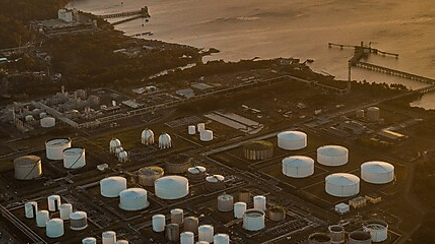Shell refinery closure displaced around 200 workers
- January 18, 2021
- 0

Around 200 employees of Pilipinas Shell Petroleum Corporation were affected following the closure of the company’s refinery in Tabangao, Batangas City last year.
At a hearing of the House Committee on Energy on Friday, Shell external relations manager Paulo Gavin said that not all jobs from the refinery were saved as of the moment.
He further said that about half of those displaced have found new jobs within the Shell group, while around 25 opted to retire early, and the rest are being assisted by the company in seeking job opportunities.
Shell, the country’s second largest oil firm, announced the refinery’s closure in August 2020, as it was deemed unprofitable. The refinery would then be converted into an import facility, of which construction is underway.
The Department of Energy (DOE), meanwhile, acknowledged that the current taxation scheme likely contributed to the burden oil refiners face.
DOE Oil Industry Management Bureau Director Rino Abad particularly pointed out that direct importers can sell their items in just a day or two after importation since these are finished products. In contrast, refiners would get crude oil
first, then would take one to two months to produce the oil to be sold to the market.
Abad further stressed that the recovery of the value-added tax is the main difference between the two set-ups, as refiners have to wait longer compared to importers. He noted, however, that Shell gave assurance that its supply will not be affected, as imports would match the amount of oil it used to refine.
Taxation was the main issue of Petron in its decision to temporarily close its refinery in
Limay, Bataan this February despite its recent inclusion in the Freeport Area of Bataan.
Photo from Pilipinas Shell Petroleum Corporation website.